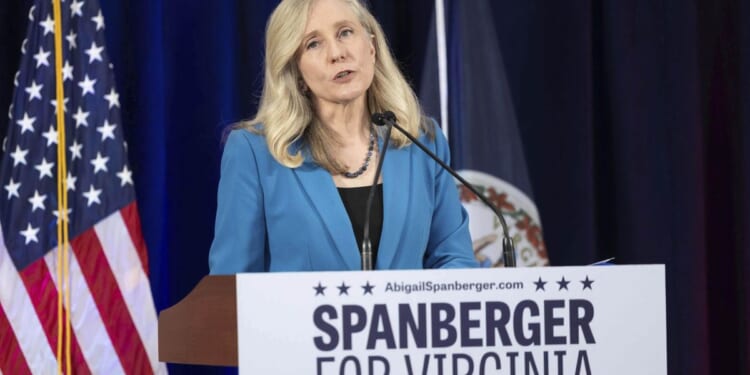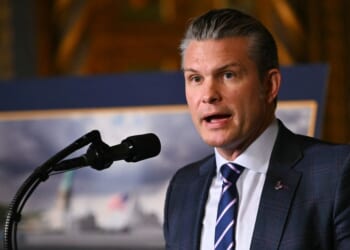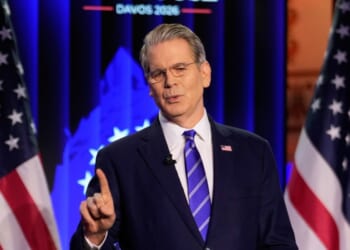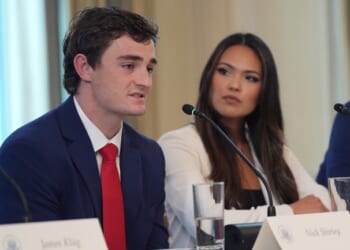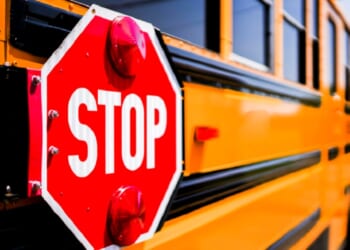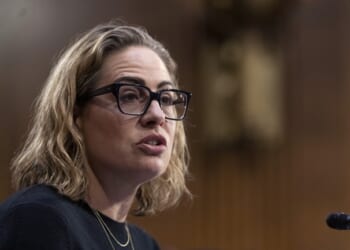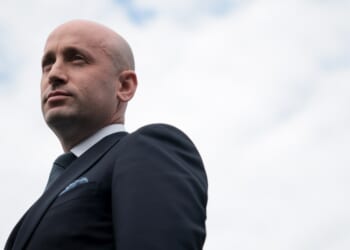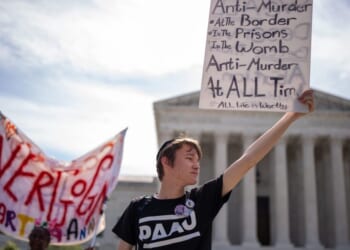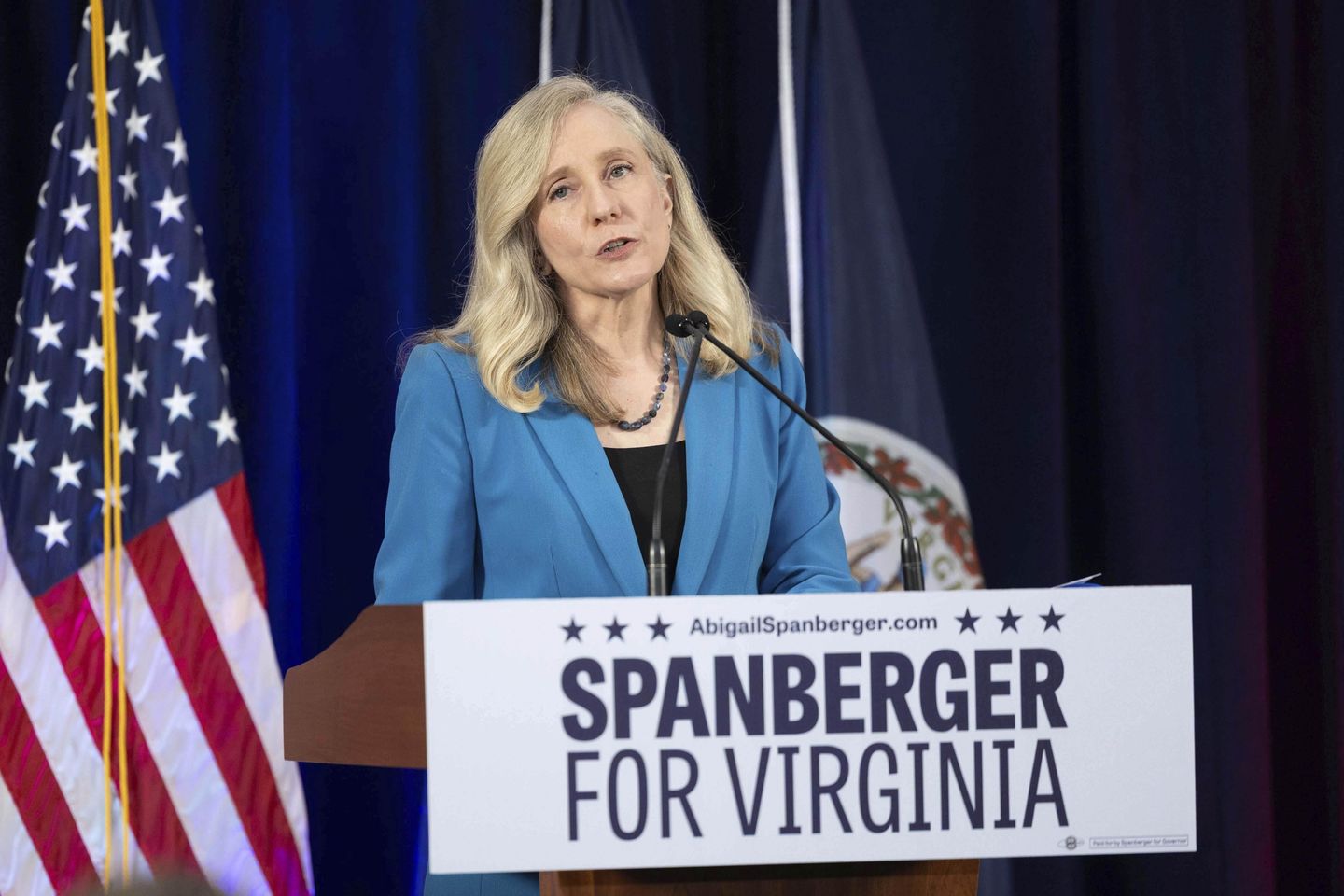
Don’t miss the full story from our staff writers, whose reportage is the basis of this article.
Democrat Abigail Spanberger’s Virginia gubernatorial campaign is challenging President Trump’s claims of economic success, arguing that voters are experiencing economic strain rather than prosperity. Spanberger directly links rising costs and economic uncertainty to Trump’s policies, including federal workforce reductions, tariffs, and healthcare spending cuts, while her opponent, Lt. Gov. Winsome Earle-Sears, defends the administration’s record.
Democratic strategist Jesse Ferguson suggests this economic messaging could provide a template for the 2026 midterm elections, noting that Trump’s once-reliable economic credibility has eroded. Gallup polling shows Trump’s economic approval has dropped from 52% during his first term to 37% as of August, a significant decline for a president who built his brand on economic competency.
National sentiment reflects widespread pessimism, with 68% of Americans describing the economy as poor or very poor, according to an Associated Press-NORC survey. Sixty-three percent doubt they could afford a home, while 47% lack confidence in covering unexpected medical expenses. Pew Research found that 16% of respondents now cite Trump or Republicans when rating economic conditions negatively, compared to just 6% who blamed Biden or Democrats in 2024.
Virginia’s economy shows concerning trends despite outperforming many states. The unemployment rate has reached 3.6%, its highest level in four years, while consumer sentiment has dropped to near-historic lows.
More than 5,700 federal employees and contractors have filed for unemployment benefits, a significant concern in a state with over 140,000 government workers.
A Washington Post survey revealed that 38% of Virginia voters feel worse off financially since Trump took office, compared to 24% who feel better off. Cost of living remains voters’ primary concern, and they rate term-limited Governor Glenn Youngkin more favorably than Trump on economic issues.
Spanberger has made affordability central to her campaign, releasing an “Affordable Virginia” plan targeting healthcare, energy, and housing costs. She criticizes Trump’s tariffs as costing Virginia families an extra $2,300 annually and highlights projections that his legislative agenda could leave 350,000 more Virginians uninsured while contributing to rural hospital closures.
Earle-Sears counters by emphasizing the Youngkin administration’s achievements, including 277,000 jobs added, $145 billion in capital investment, and major corporate relocations like Eli Lilly’s $5 billion manufacturing facility. She defends Medicaid work requirements as fiscally responsible and credits Trump’s tariffs with repatriating jobs, while attempting to shift focus toward transgender issues and Democratic scandals.
Read more: President Trump’s ’best economy’ claim tested in Virginia’s gubernatorial contest
This article is written with the assistance of generative artificial intelligence based solely on Washington Times original reporting and wire services. For more information, please read our AI policy or contact Ann Wog, Managing Editor for Digital, at awog@washingtontimes.com
The Washington Times AI Ethics Newsroom Committee can be reached at aispotlight@washingtontimes.com.

